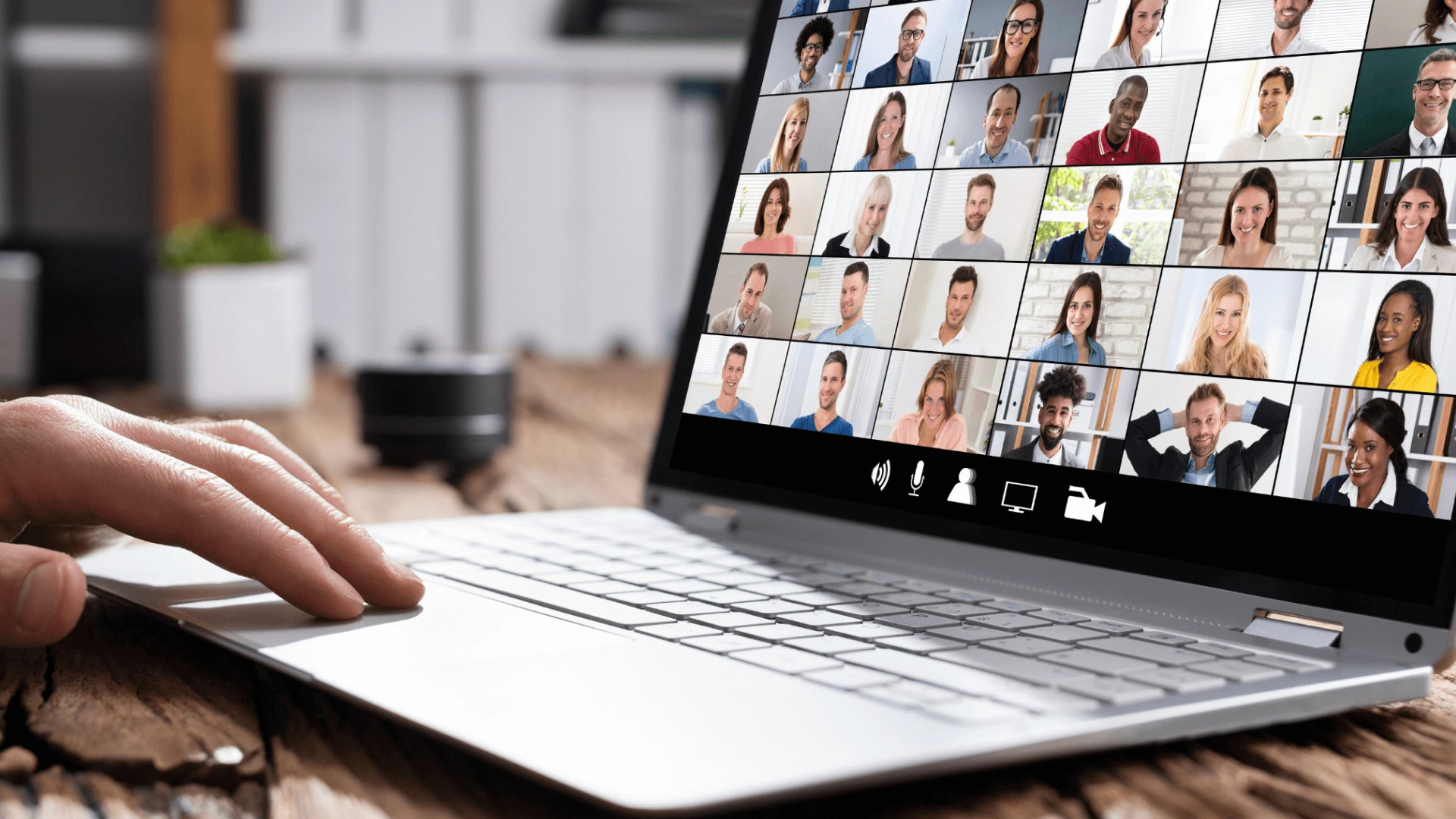Time for a mental health tune-up!
01.18.21
Our feelings of anxiety or stress can easily be pushed aside (or at least we pretend to push them aside), so we can get through the work. The problem is that these feelings will bubble under the surface until they finally explode, and that is never a good ending for anyone. GMN is teaming up with COA and Z1 Career Training to explore the topic of mental health and fitness in an upcoming Ask a Mentor LIVE session. Our expert panelists will discuss ways to recognize unhealthy signs of pandemic stress in yourself and others. They will also offer simple, practical steps you can take to improve mental fitness and healthy habits you can establish for yourself and your team

Catastrophic events can sometimes expose or accelerate previously unnoticed trends. The pandemic has certainly shined a light on mental health issues that have been lurking in the shadows till now.
GMN is teaming up with COA and Z1 Career Training to explore the topic of mental health and fitness in an upcoming Ask a Mentor LIVE session. Our expert panelists will discuss ways to recognize unhealthy signs of pandemic stress in yourself and others. They will also offer simple, practical steps you can take to improve mental fitness and healthy habits you can establish for yourself and your team. Join us on January 28th at 10 am Pacific Time. Register to attend and take your first step to better mental health.
The phrase work/life balance became obsolete during the pandemic, as we were forced to live, work, go to school, exercise, laugh, play, cry, fight all under the same roof. There was already a debate before March 2020 if work/life balance existed. Most of the research came back with a hard NO. Now the lines of work/life balance are blurred more than ever. How do you parent a needy child while also participating in a zoom call? Most found it impossible, and our anxiety, stress, and depression skyrocketed. Employees worked harder for fear of losing their job or dropped out of the workforce to attend to childcare, and we have yet to see the full effects of the choices we’ve made.
Our feelings of anxiety or stress can easily be pushed aside (or at least we pretend to push them aside), so we can get through the work. The problem is that these feelings will bubble under the surface until they finally explode, and that is never a good ending for anyone.
In 2020, the United States experienced the largest single one-year increase in homicides since the country started keeping such records in the 20th century. Even as suicide rates have fallen globally, they have climbed every year in the United States since 1999, increasing 35 percent in the past two decades. But 2020 has seen an even more dramatic rise. The Brookings Institution found that calls into the National Emergency System (911) increased from 35,000 to 45,000 calls a week in 2020 from opioid overdoses, suicides, and mental and behavioral disorders.
The way we think and talk about mental health was starting to shift before the pandemic. The problem was, the topic of mental health was only brought to life after a horrific event like a mass shooting. We would all nod, agree, and discuss that mental health needs to be a national priority, but no one had ideas on how to address it.
Although the topic is often considered taboo, the need for frank discussion of mental health in the workplace had been exposed. As the pandemic has raged on, large and small companies realized many employees were beyond their breaking points. In response, they offered services like free memberships to Headspace or zoom meditation courses. It was a start, but maybe it’s time to rethink workplace wellness and work-life balance.
What does it mean to be mentally-fit, and how does that trickle down to your employees and the company’s bottom line? We have interviewed two dozen leaders and mentors at the Global Mentor Network, and one of the commonalities they share is the idea of disrupting the status quo and mobilizing people to bring about real change. Whether it is the CEO of DocuSign, Dan Springer, or Komal Ahmad, CEO of Copia, they recognize that people are the power source of the organization. If your employees are mentally unfit, how can you possibly empower and mobilize them?
Mental Health start-up companies like COA have started to gain traction among large enterprises. They offer courses to teams that explore how to cope with anxiety and stress. They believe taking care of your mental health is an on-going practice and is no different from going to the gym.
Part of dealing with mental health in the workplace is breaking through the stigma and getting people to agree to attend a therapy session. Organizations like COA offer fun, expert-led mental health and emotional fitness classes designed for employees.
Make sure to register for our Ask a Mentor LIVE session on mental health and fitness. Join us on January 28th at 10 am Pacific Time and get your 2021 off to a healthy start.


